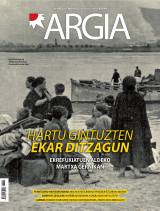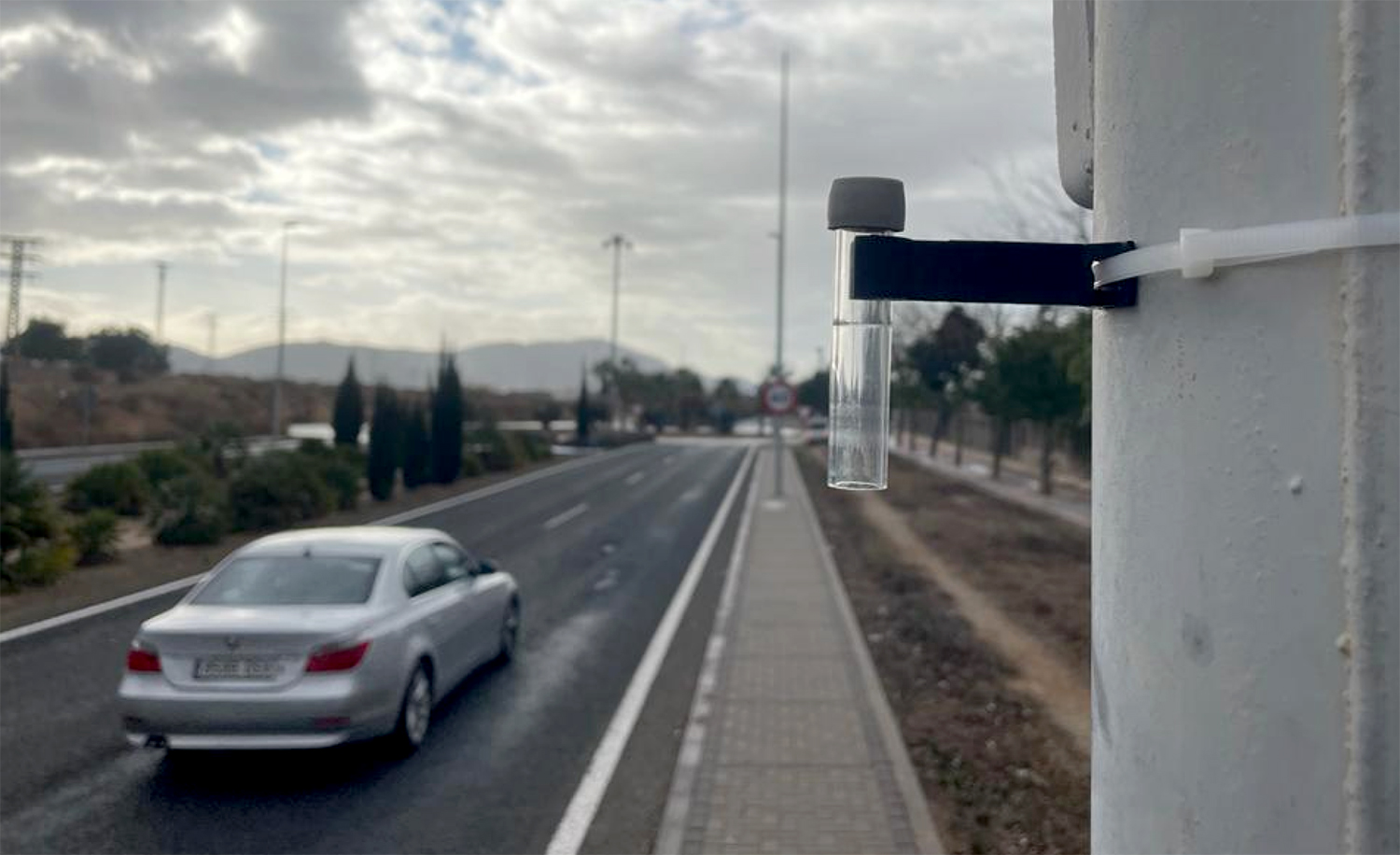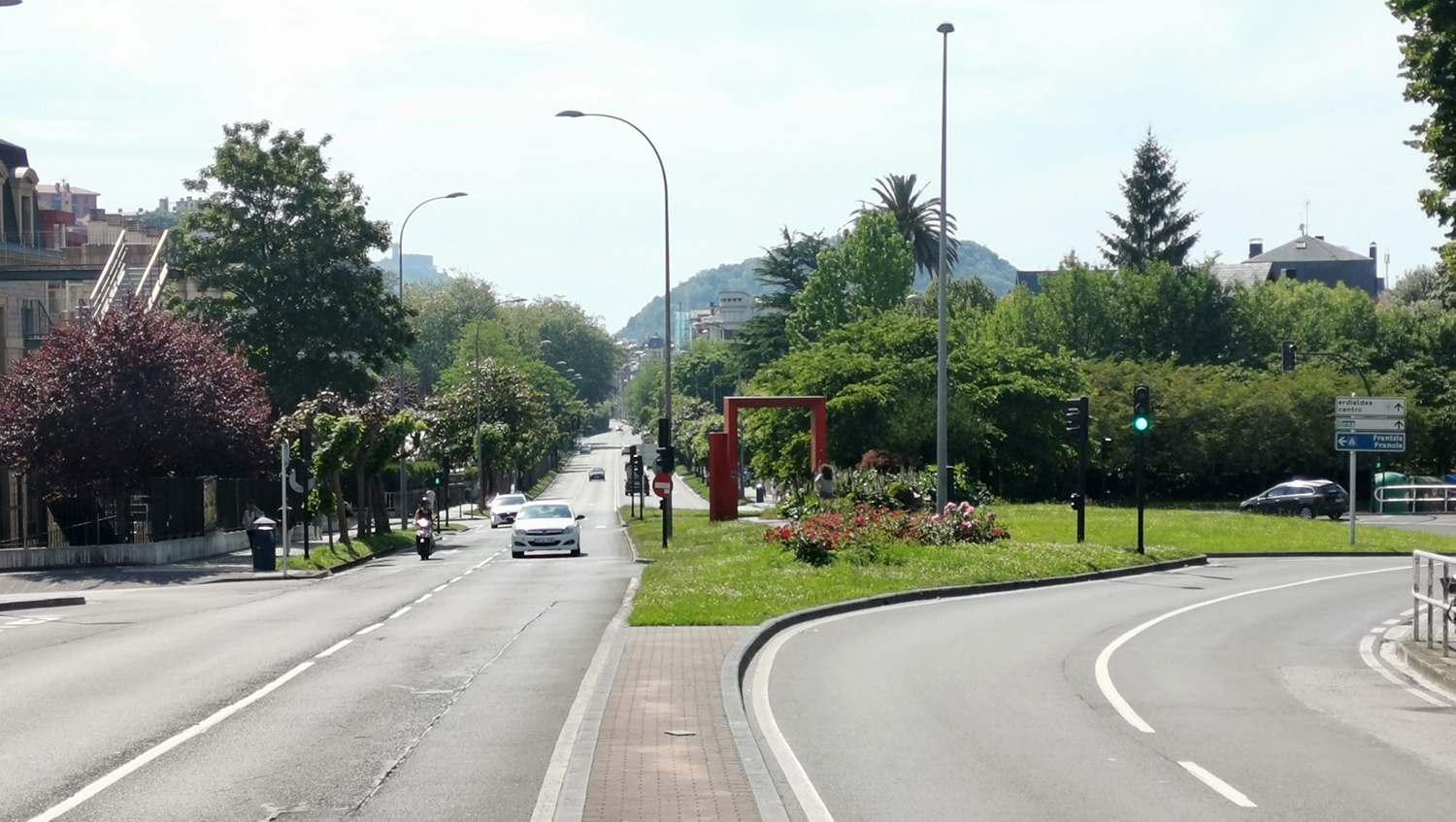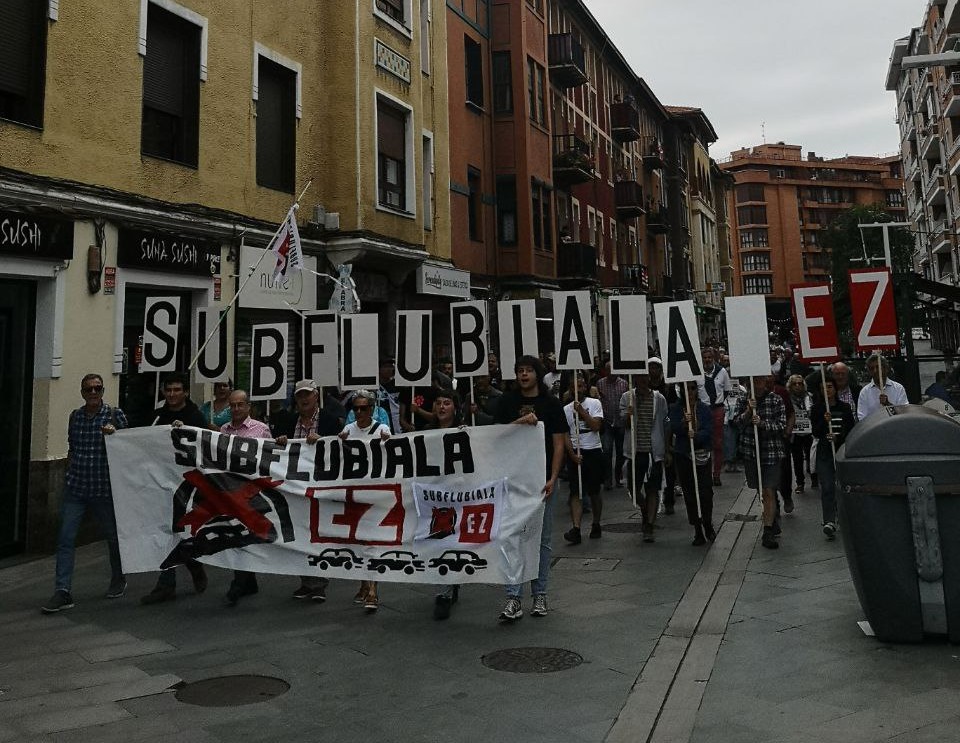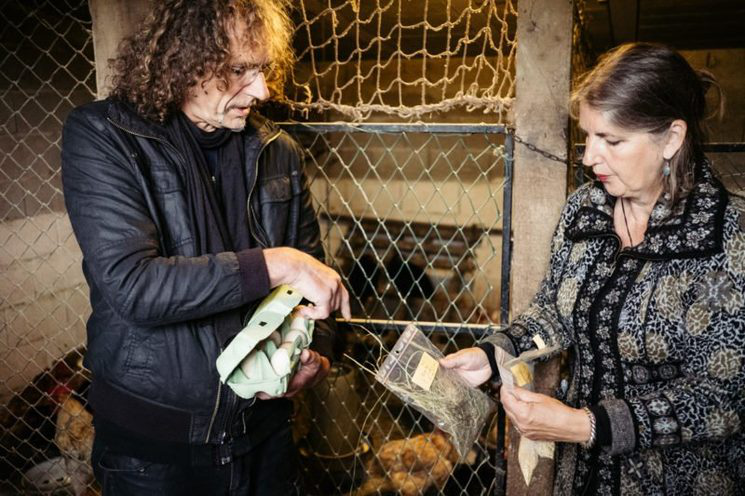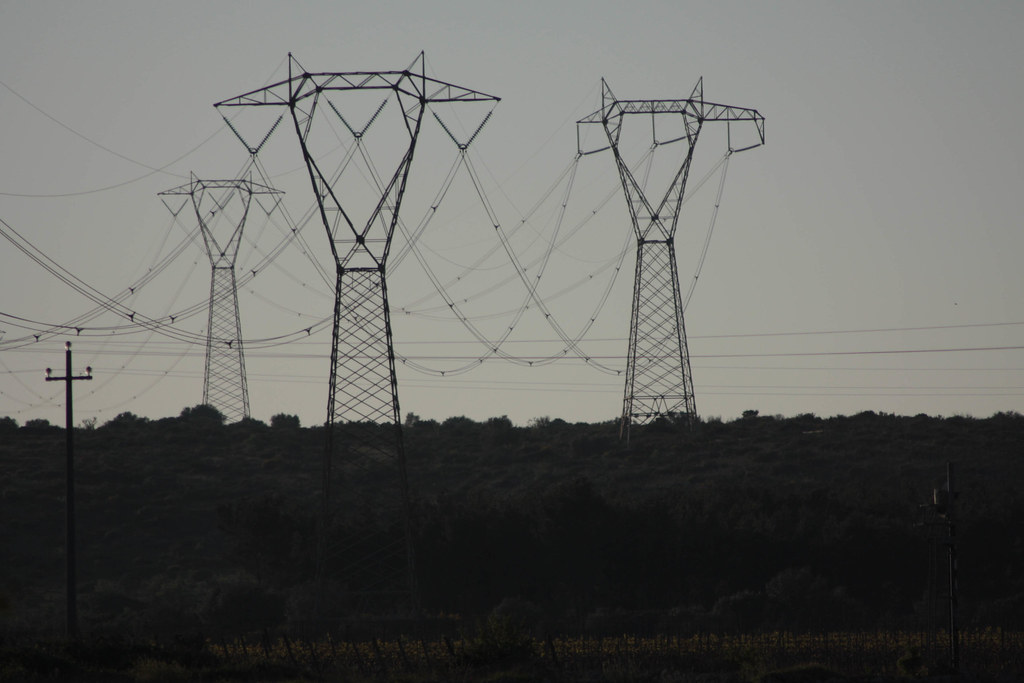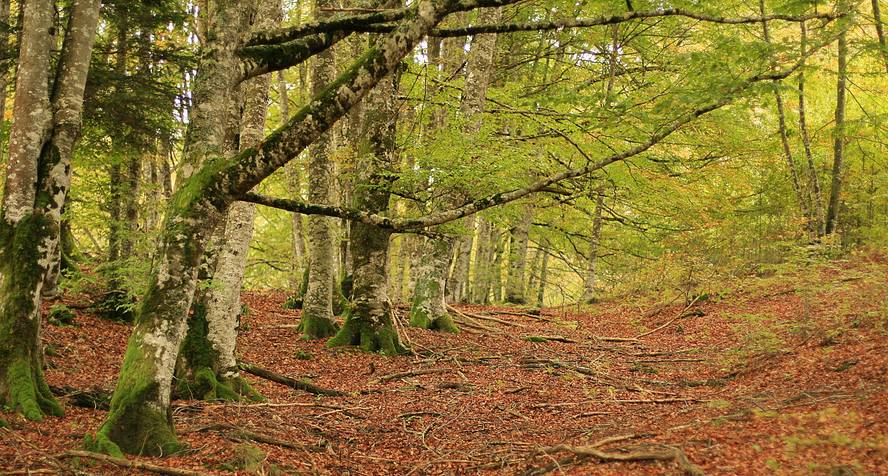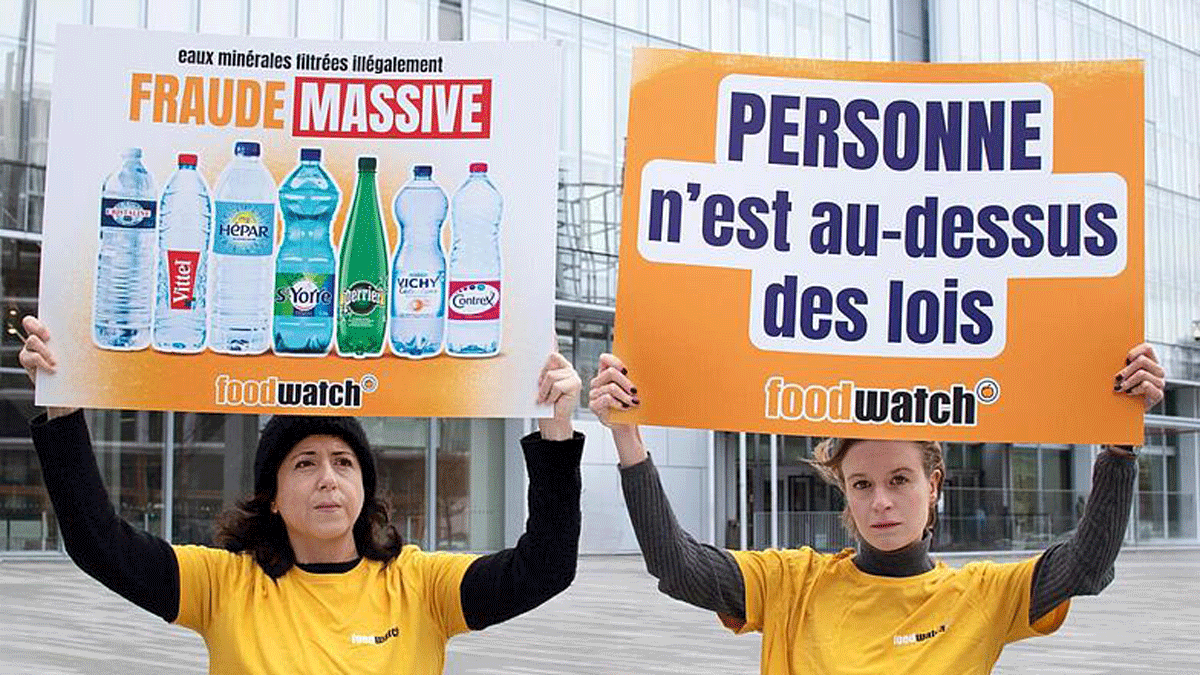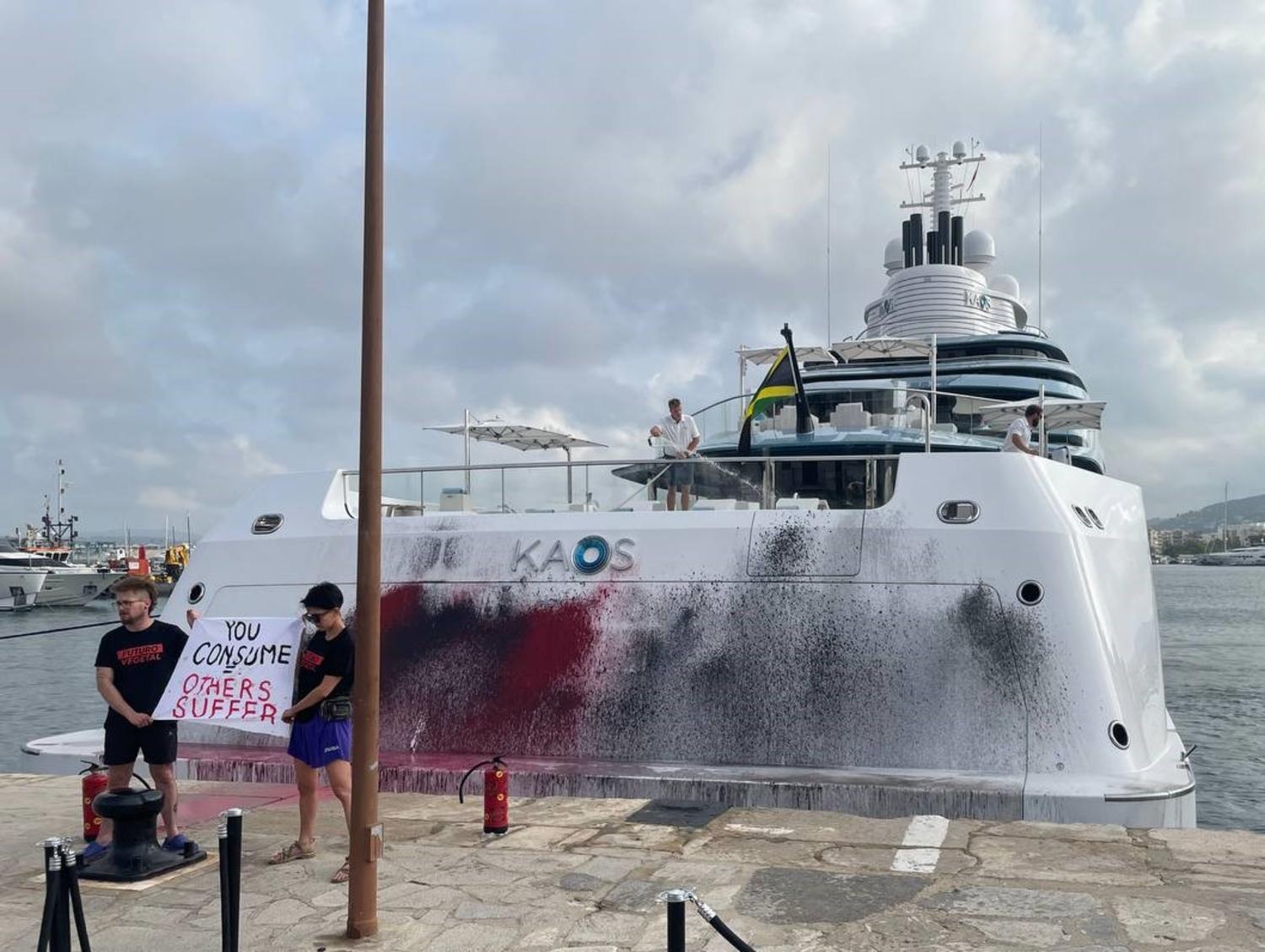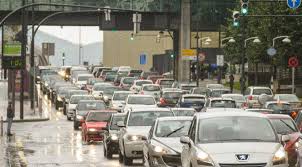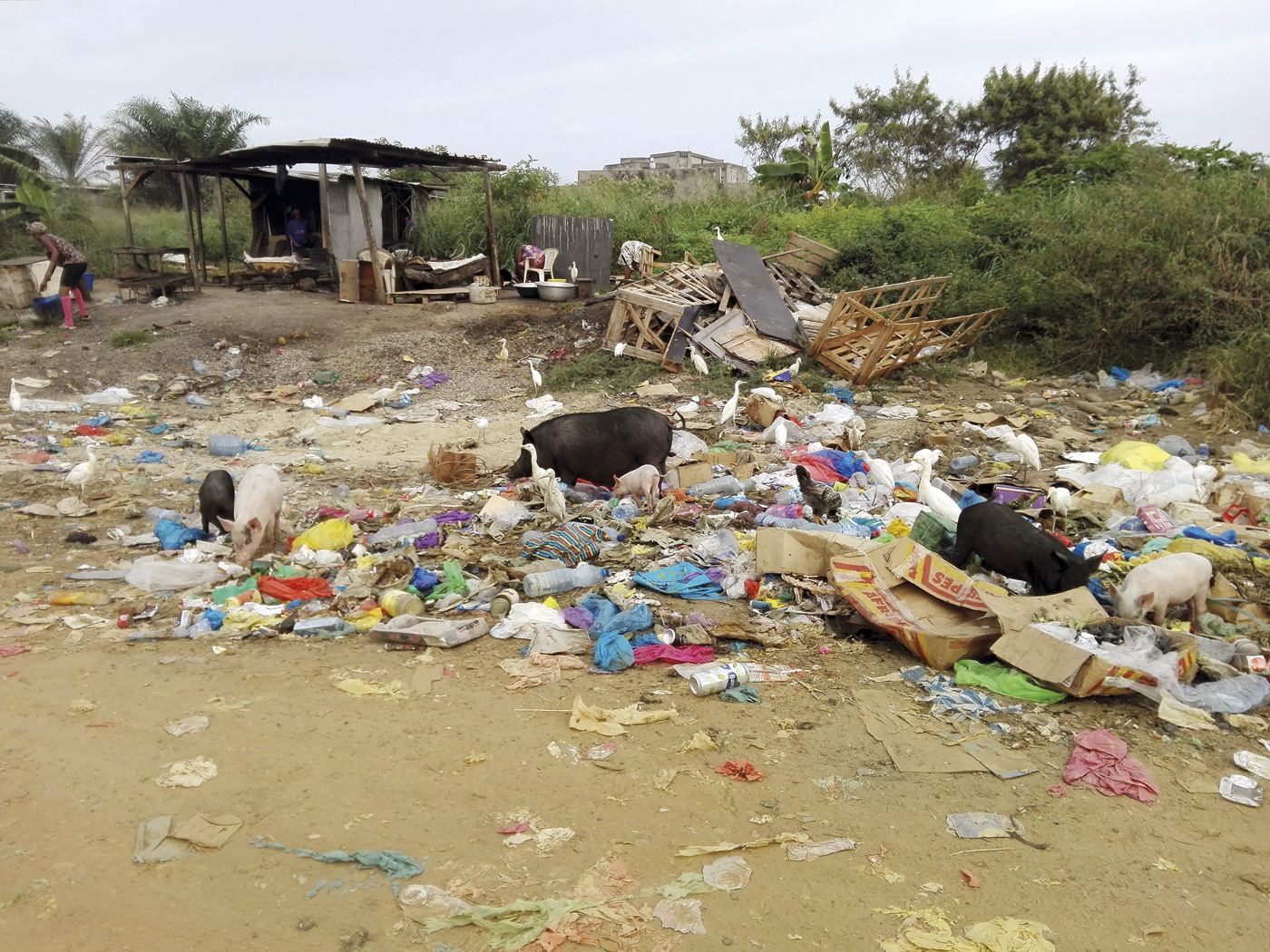El Salvador, the first to ban metal mining in the world
- To swallow mining, they offered Salvadorans all kinds of dreams, development aid like industry, jobs, new schools and hospitals thanks to the new sources of money from the administration. But the nightmare didn't take long to show his ear, because of water pollution and corporate violence. Finally in March, after long demonstrations by popular movements, El Salvador has become the first country in the world to ban metal mining.
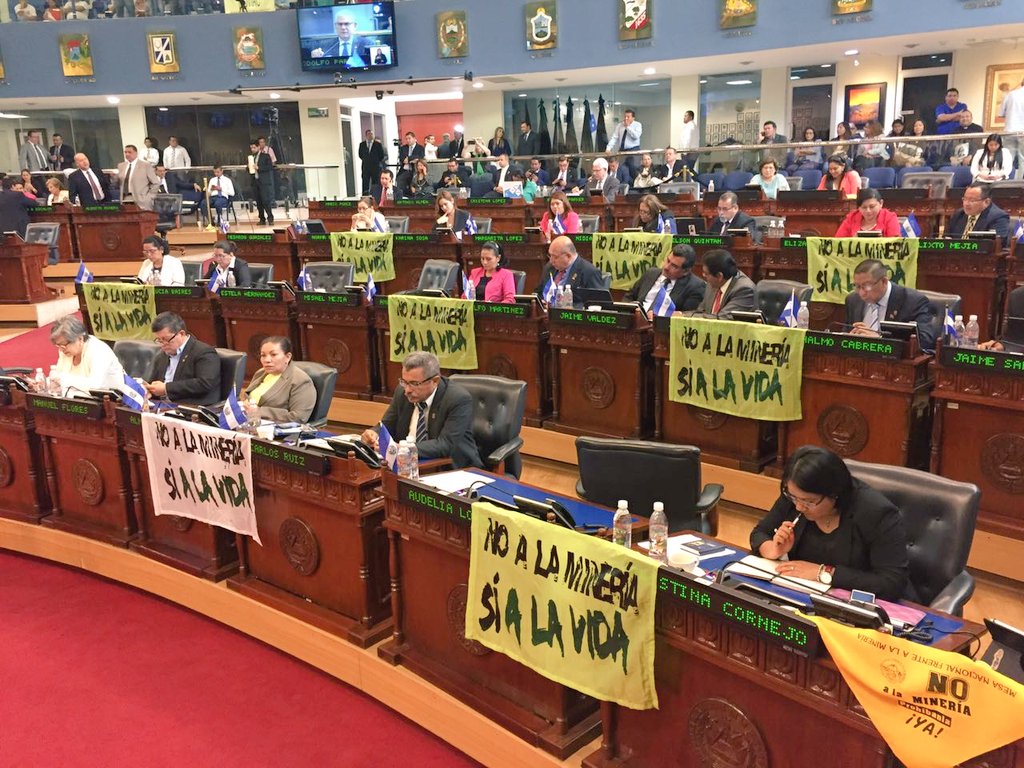
On 29 March, all parliamentarians in El Salvador, with a dozen abstentions, ratified with their votes the new law banning the extraction of metals in the country, harming the environment and human health and posing a “threat to the development and well-being of families”.
The law prohibits any process of obtaining metals, whether from search, extraction, exploitation or production, both in the subsoil and in daylight, and the use of any toxic chemical for this purpose. Although mining is one of the main causes of concern and disturbances in many parts of the world, there is no other country in the world that has dared to take the step that El Salvador has taken.
By decision, Parliament President Guillermo Gallego told BBC British television: “It has been a historic, energetic and decisive resolution. Our town is very small by land and doing a metal mining in it would be suicide.”
Although since 2005 there have been major mobilisations in search of a ban, the Catholic Church’s support for the movement has been of particular importance. Omar Téllez has reported that This is how El Salvador managed to ban metal mining throughout the country in the chronicle, the passage of the Catholic hierarchy determined the encyclical Laudato si, published in 2015 by Pope Francis, who claims the commitment of Christians to climate change and the calamities that it entails, above all, among the poorest in the world. “In Encyclical Francis has talked very hard about mining companies and predicted that water is a fundamental human right.” The attitude of the Church has greatly facilitated the consensus against this practice in Salvadorian society and, consequently, the parliamentary vote.
Salvadoran Ricardo Navarro, leader of the Association of Friends of the Earth, has explained in The Ecologists the historic importance of the new law: “The triumph of this decades-long conflict proves that people can outweigh the interests of corporations and win. The people of El Salvador have imposed themselves on the mining giants.” Not without struggle.
In El Salvador, a very small and populated territory, with a population of 310 inhabitants per square kilometer, almost like Gipuzkoa, mining has a black past. Developed for long years without standards, the authorities have always facilitated the way for foreign companies: the extraction and exploitation of the metal had contaminated all streams, lakes and other waters, fields of cultivation and bulls such as the people.
The authorities further protected the mining companies since the signing of the CAFTA international treaty in 2004 between the Central American countries and the USA, leaving in practice the ownership of the Salvadoran rural areas in the hands of Holcim, Monsanto and Pacific Rim. With the collaboration of the local elite, the multinationals began exporting El Salvador ' s natural resources. Foreign investment grew from $30 million in 1992 to $5.9 billion in 2008.
Indignation grew even more among citizens condemned to pollution when, in 2012, the government was analysing 22 claims to authorize gold mines, resulting in the expropriation of 4.3 per cent of the total Salvadoran territory. People knew that the theft of land was immediate, without interrogation, negotiations or compensation from the multinationals.
And the resistance spread: protests, court recourse, concentrations, land occupations... They also organized a national tour to the presidential palace. People faced the multinationals for the first time.
Blood brands in gold
Dissent was paid with his life by three anti-mining militants. And many denounced the black hand of the company Pacific Rim.
Canadian Pacific Rim, from El Salvador, had been operating since 2002. In 2008, the government rejected the operating license of the El Dorado mine, 65 kilometers from the capital, San Salvador, under pressure from popular movements and the Church. Pacific Rim claimed $700 million for damages and the environment was heavily relieved in the province of Cabañas, in the El Dorado district.
On June 30, 2009, the body of Marcelo Rivero appeared next to a source from San Isidro de Cabañas, with a fearsome record of having been tortured before death. At the age of 37, he was one of the leaders of the Pacific Rim campaigns. Ramiro Rivera was killed on 20 December by a shot of a M-16 military rifle in the village of Sensuntepeque, where he had previously been attacked by police... allegedly. Six days later, in the same town, Dora Alicia deaf, 32 years old and eight months pregnant, was killed by the same firearm when she was heading to the river to urinate. The company denied it had anything to do with it, the authorities did not find any murderers, the rumours of family conflicts that had spread throughout the villages...
The dark side of gold. In the book El Salvador, Florian Erzinger, Luis González and Angel Ibarra say that at that time the new “golden fever” lived in Central America, exceeding the limit of $1,000 for the price of gold. The right-wing Antonio Saca, who ruled in 2005-2009, was in favour of freeing the multinationals, but he turned back with the presidential elections. In 2009, the Frente Farabundo Martí de Liberación Nacional (FLMN), which lost the vote, made conditional on the promise not to allow any mines to be exploited in Spain.
The former guerrillas inherited a hot potato. The corporations had submitted 25 mining projects, arguing that they would produce 12 million ounces of gold – 336 tons – and 78 million silver – 2,185 tons. Yes, dissipating 22 million liters of water and using 950 tons of toxic cyanide.
The motto Biziak counts more than gold, spread by social movements. Climate Change MOVIAC and Corporations, such as the Movement of People Affected and Not Mining, strengthened themselves and managed to internationalize the conflict. The claim of the powerful Pacific Rim to compensate El Salvador, plunged into poverty, mobilized a number of nationalist politicians who are not sensitive to environmental issues.
The Goldman Environmental Prize winner, Ricardo Navarro, pointed out that “despite winning in El Salvador, the struggle for a more just and sustainable world has not ended. But we can move forward with hope because we have learned that ordinary people can change the world by working together.”
Energiaren Nazioarteko Agentziak (IEA) astelehenean argitaratutako txostenaren arabera, %2,2 igo da energia eskaria 2024an aurreko urtearekin alderatuta, besteak beste, egiturazko arrazoi hauengatik: beroari aurre egiteko argindar gehiago erabili beharra, industriaren kontsumoa... [+]
Kutsatzaile kimiko toxikoak hauteman dituzte Iratiko oihaneko liken eta goroldioetan. Ikerketan ondorioztatu dute kutsatzaile horietako batzuk inguruko hiriguneetatik iristen direla, beste batzuk nekazaritzan egiten diren erreketetatik, eta, azkenik, beste batzuk duela zenbait... [+]
Lurrak guri zuhaitzak eman, eta guk lurrari egurra. Egungo bizimoldea bideraezina dela ikusita, Suitzako Alderdi Berdearen gazte adarrak galdeketara deitu ditu herritarrak, “garapen” ekonomikoa planetaren mugen gainetik jarri ala ez erabakitzeko. Izan ere, mundu... [+]
Ur kontaminatua ur mineral eta ur natural gisa saltzen aritu dira urte luzeetan Nestlé eta Sources Alma multinazional frantsesak. Legez kanpoko filtrazioak, iturburuko ura txorrotakoarekin nahasi izana... kontsumitzaileen osagarria bigarren mailan jarri eta bere interes... [+]
Greenpeaceko kideak Dakota Acces oliobidearen aurka protesta egiteagatik auzipetu dituzte eta astelehenean aztertu du salaketa Dakotako auzitegiak. AEBko Greenpeacek gaiaren inguruan jasango duen bigarren epaiketa izango da, lehenengo kasua epaile federal batek bota zuen atzera... [+]









